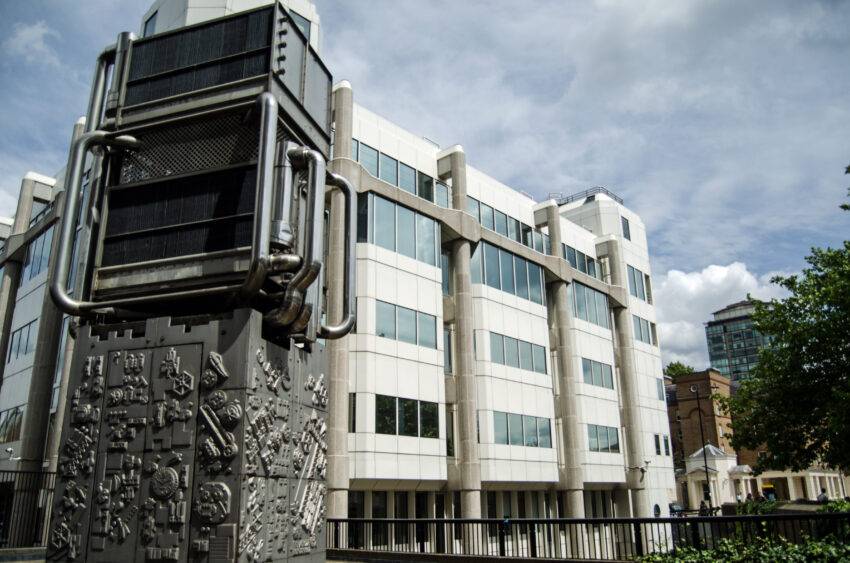Over a thousand civil servants threaten strike action over flexible working
More than a thousand unionized staff at the Office for National Statistics (ONS) are poised to vote on potential industrial action in response to proposed changes that would require them to be in the office at least two days a week. Read more: Over a thousand civil servants threaten strike action over flexible working


More than a thousand unionized staff at the Office for National Statistics (ONS) are poised to vote on potential industrial action in response to proposed changes that would require them to be in the office at least two days a week.
Members of the Public and Commercial Services Union (PCS), stationed in various offices nationwide including London, Edinburgh, and Manchester, will participate in a strike ballot after the ONS unveiled plans that would modify existing flexible working arrangements.
Since the onset of the first pandemic lockdown in March 2020, ONS employees have been permitted to work remotely without a set quota of office days. Many had accepted their roles under the understanding that they could work away from the office full time, according to the union.
However, in November, senior civil servants received a leaked memo outlining new guidelines stating that workers “based in offices will spend a minimum of 60 per cent of their working time working face-to-face with their colleagues either in offices or on official business, rather than at home.”
Office occupancy rates across various Whitehall departments averaged 74 per cent, with HM Revenue & Customs registering the lowest rate, followed by the Foreign Office. In the week commencing March 4, 54 per cent of HMRC staff reported to the office, a slight decrease from the previous week, according to data from the Cabinet Office.
An HMRC spokeswoman clarified that they anticipate all office-based colleagues to spend 60 per cent of their working time in the office starting next month, with no change expected for the majority of staff who already work in the office three days per week.
Fran Heathcote, general secretary of the PCS Union, criticized the decision, stating that the post-pandemic flexible working arrangements at ONS were previously considered best practice. The sudden change has caused frustration among staff, who now face disruptions to their childcare and other arrangements.
The ONS defended its decision, highlighting a hybrid working model adopted for several years in line with the wider civil service. They emphasized the importance of face-to-face interaction for collaboration and innovation while acknowledging that certain tasks can be effectively performed from home.
Both the public and private sectors have been pushing for increased office attendance following persistent remote work practices post-pandemic. While there is limited evidence suggesting the impact of remote working on productivity, concerns remain, particularly regarding younger workers missing out on valuable learning opportunities in the office environment.
According to ONS data, approximately 16 per cent of workers operate entirely from home, with a quarter blending remote work with office attendance.
Read more:
Over a thousand civil servants threaten strike action over flexible working





















